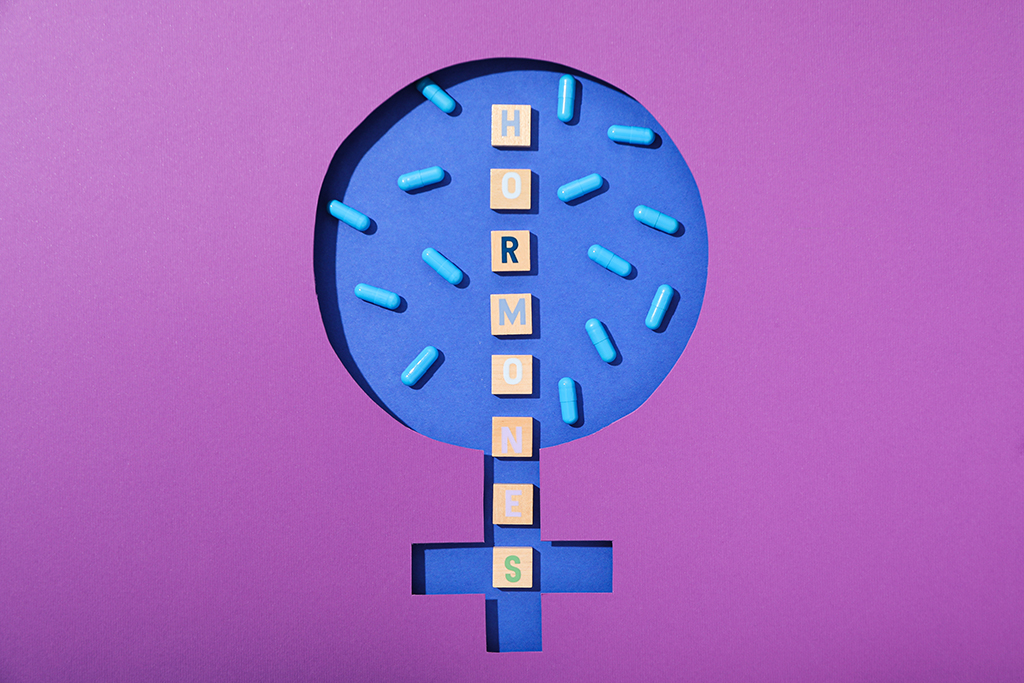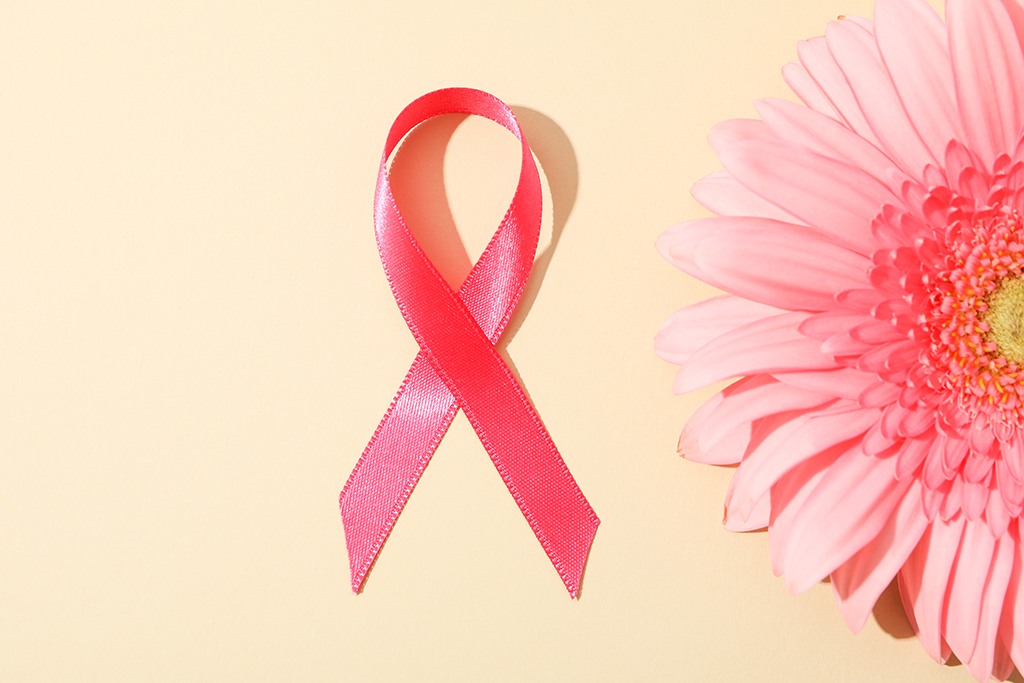
As Anatolia Geneworks, we celebrate the Women’s Day of all women, especially our female employees who make selfless contributions to the healthcare industry and biotechnology.
We hope for a world with equal opportunities in health for all genders and more education on gender biases in health conditions.
Let’s use this day to inform ourselves about women’s health problems and gender bias in health services.
Women’s Health Gap
According to a report from the World Economic Forum and the McKinsey Health Institute, although life expectancy is longer for women compared to men, women spend 25% more of their lives in debilitating health than men. One of the reasons for this gap is that women are underdiagnosed for certain conditions compared to men.
A study in Denmark on almost 7 million people found that women diagnose four years later than men on average for hundreds of health conditions. Scientists believe that although genetics and environment could be contributing factors, gender bias has a remarkable effect.
For many years, men’s body used as a reference in health. In most of the clinical trials, men always outnumbered women for many years in most of the diseases which explains the huge historical data gap on female bodies.

Women and girls are the first groups of people who are disproportionately affected by wars, global pandemics, involuntary immigration caused by climate change and poverty. This results in disruption in health education, malnutrition, and reduced access to health services. Even diseases that strike men and women in equal numbers may have unique consequences and complications for women. In many health conditions, disease prognosis can be different between genders like in autism and ADHD. Because research focused mainly on men, this can lead to misdiagnosis or late diagnosis in many conditions in women. Women also have a risk of passing some of the diseases to children during pregnancy and breastfeeding.,
In recent years, investment in women’s health has increased. However still in 2020, only 1% of healthcare research and innovation was invested in female-specific conditions beyond oncology.

Closing this huge gap is besides being ethically justified and a must for human rights, it will be also economically very reasonable. It is estimated for a 1-dollar investment in women’s health, there would be 3 dollars’ worth of global economic growth.
Therefore, research and investment in women-specific health conditions are required to eliminate these biases.
To close this mentioned women’s health gap, it is important first to understand the common women’s health conditions.
Common Women’s Health Conditions
- Heart Diseases
Heart disease is one of the leading health problems in women being responsible for 1 in 5 female deaths in 2019. Previous research shows that women were 50% more likely than men to be given an incorrect diagnosis following a heart attack.
- Breast Cancer
Breast Cancer is one of the leading causes of death in women. It is crucial to reduce lifestyle risk factors and perform self-examination and screening tests for early detection of breast cancer.

- Mental Health-Related Issues
Women are about twice as likely to have depression than men, as many hormonal factors and potential additional stresses may add to this increased rate in women. It is important to provide necessary prevention methods and treatment options to women to prevent a high ratio of mental health problems.
- Autism
Girls are diagnosed later than boys although the number of patients with autism is almost threefold compared to boys. This situation can lead to elevated mental health problems later in life in women.
- Autoimmune Conditions
After cancer and heart diseases, autoimmune diseases are the third most prevalent diseases in women. Women account for 80% of the patients with autoimmune conditions, however, it takes an average of five years for them to get the diagnosis, according to the American Autoimmune Association.
- Sexually Transmitted Diseases (STDs)
Many sexually transmitted diseases affect women disproportionately like genital herpes from herpes simplex virus 2 and chlamydia. Routine Pap smear testing and vaccination for HPV (Human papillomavirus) is important in protection from possible cervical cancer. Screening for Sexually Transmitted Infections is extremely important in early diagnosis and treatment.
At Anatolia Geneworks, we are contributing to women’s health by providing easy and accurate solutions for the diagnosis of many pathogens like Bosphore HPV Detection, Screening and Genotyping Kits and STDs Panel Kits. We will work towards our goal to provide equal opportunities both in our working environment and in healthcare services.





